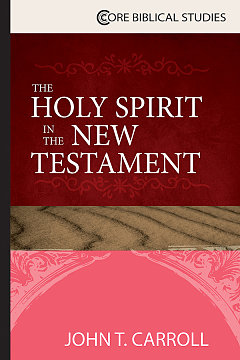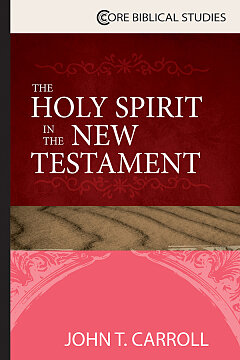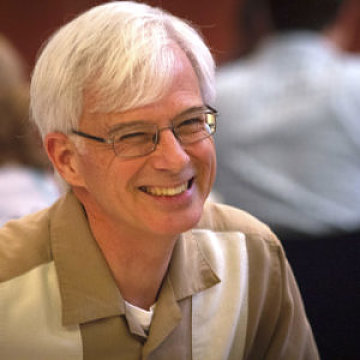The Holy Spirit in the New Testament
Paperback
ISBN: 9781426766374
$31.99
Show
Buy
E-Book
ISBN: 9781426766381
$31.99
Show
Buy
Published March 2018












